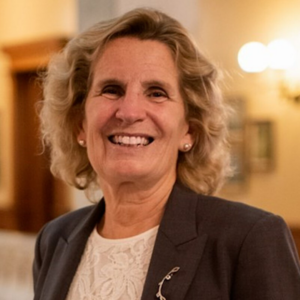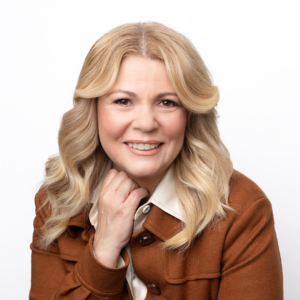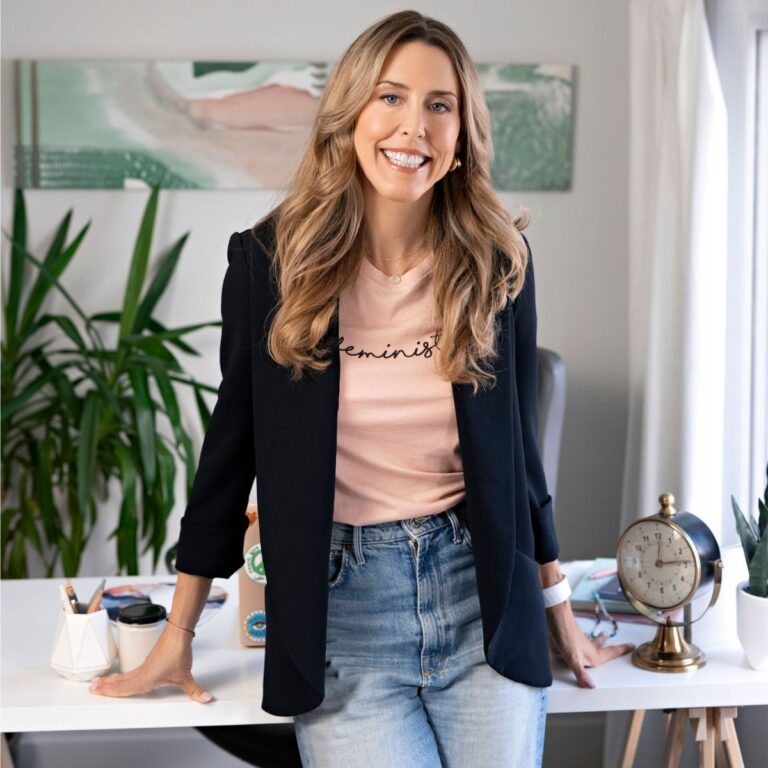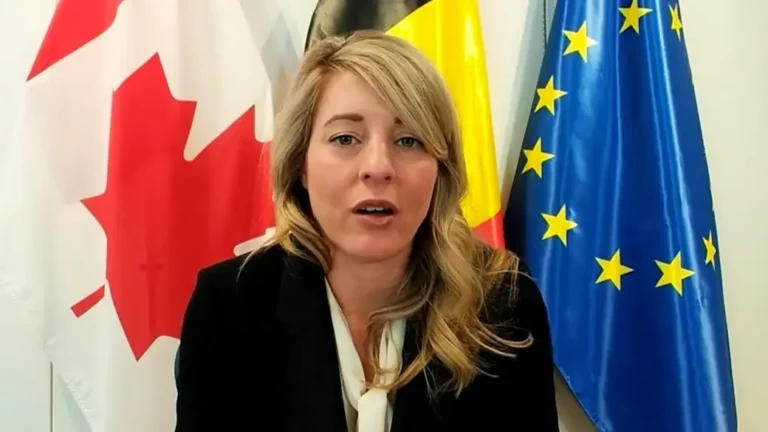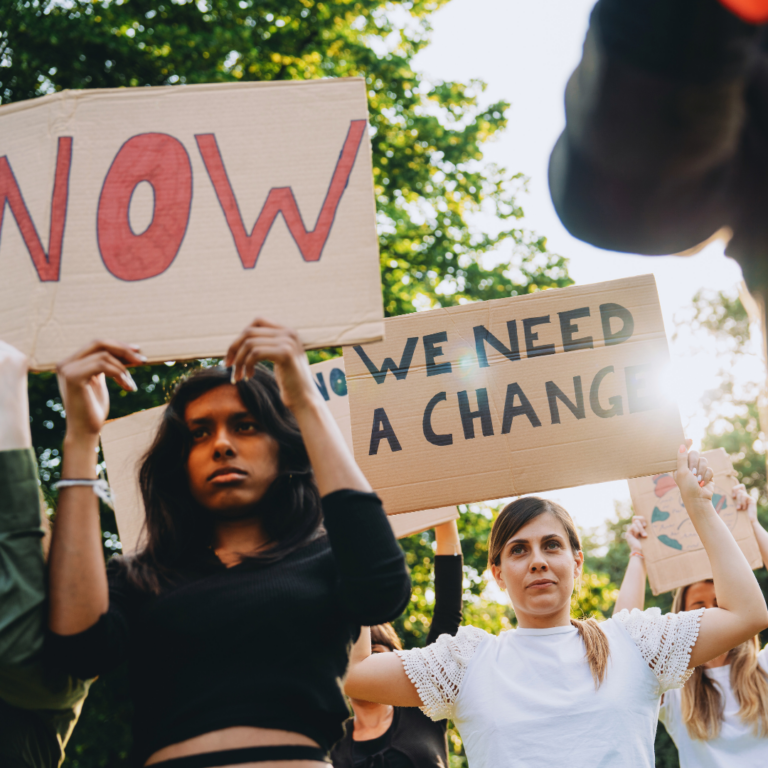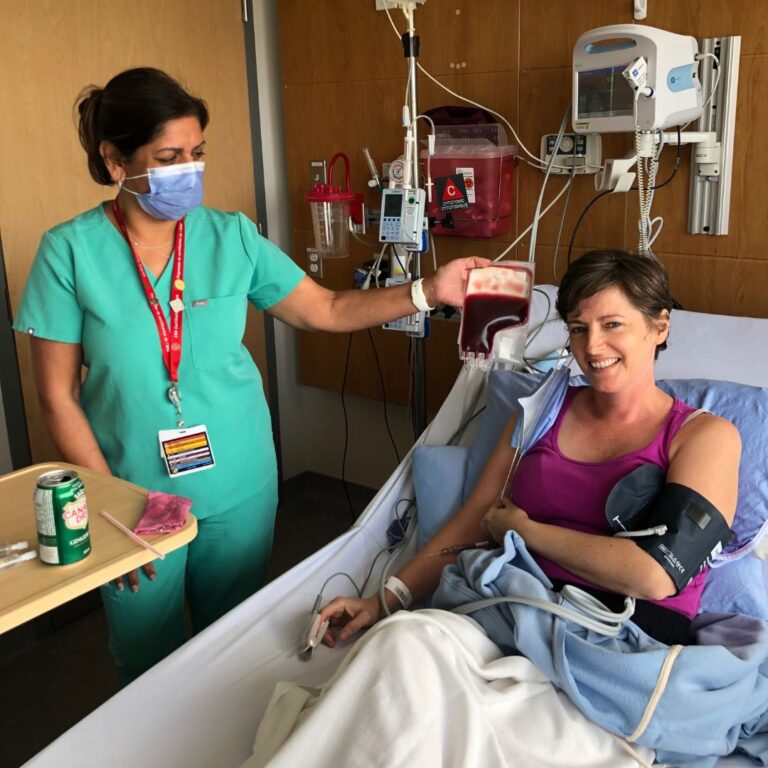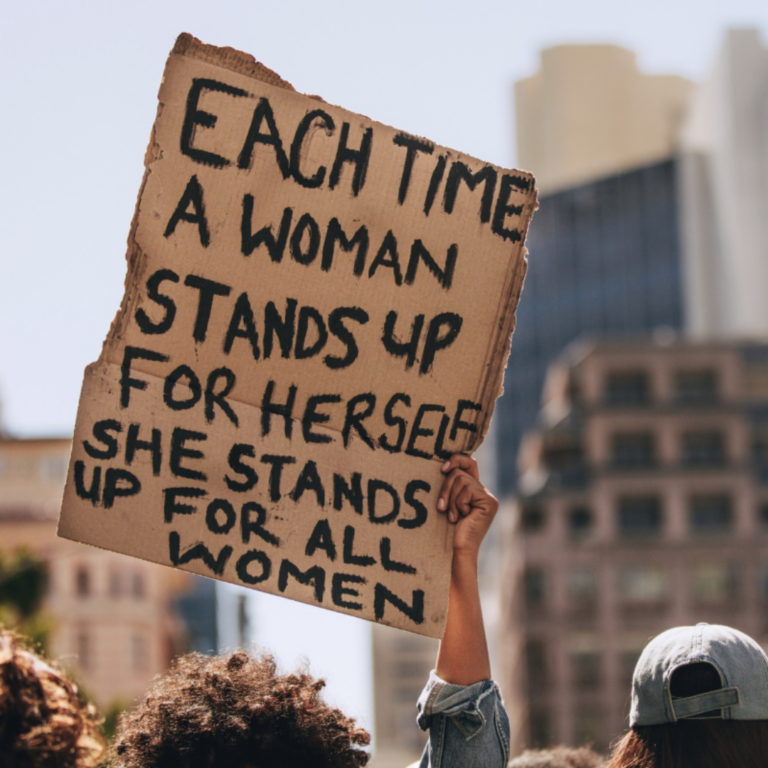Marci Ien – Former host of Canada AM turned federal cabinet minister
Starting October 2021, Marci Ien is serving as Minister for Women and Gender Equality and Youth.
Marci Ien is one of Canada’s most recognizable media personalities. She is co-host of CTV’s popular daytime lifestyle television show, The Social, and spent more than fifteen years helping to ease Canadians into their day as co-host of Canada AM. Aside from her professional accomplishments, Marci is also a mom, a wife, a community builder, and an activist, using her voice to raise awareness of systemic racism and to celebrate diversity and equality for all.

How workplaces can address racism
Catherine Clark: We are in the middle of this incredible global conversation about racism. You have been vocal about your own experiences with racism. We are curious to know how you feel that this time, this conversation feels different.
Marci Ien: It does feel different. It feels like there’s real momentum here.On The Social, it’s now my job to express not just my opinion, but my lived experience. I’ve been speaking about race a lot because I am a Black woman born and raised and living and raising kids in Canada. And so, in talking about my life experience, much of it concerns my lens and my lens is that of a Black woman. It does feel so different now. I’ve tried to think about things and understand why. But there are several reasons why. First and foremost when we saw — and that’s the word we need to focus on — we saw the George Floyd video, not just heard about it, not just read about it in a newspaper, but actually saw what happened, that created the fire. I mean, the movement was already there. But in seeing that, living through that, and having to explain to my kids what was happening and what this meant, and millions of others did the same thing — that created something that has made a change and made a difference. We can’t ignore it. The other thing is the conversations we’re having in Canada. Previous conversations had to do with, “Is there even racism in Canada? Does that even exist here?” Yes, of course it does. Now, what are we going to do about it? For the first time I remember, we’re hearing about defunding the police and many other things that would have been quite controversial some time ago.
Jennifer Stewart: What do you think needs to change?
Marci Ien: There are so many things. I’m going to deal with workplace first. I have never had a boss who is a person of colour in an almost 30-year career. When we’re dealing with race, we must look at the power brokers, the C suites, the executive suites in this country — who occupies them and how do we diversify them. It’s one thing to have people of colour in public-facing roles, the people that you see on your television screens. But where the power is, where decisions are made, there are few people of colour. When we’re talking about conversations between neighbours and friends and family members, then for me you’re talking about empathy — actually listening and understanding and hearing, and then understanding what it means to be an ally.
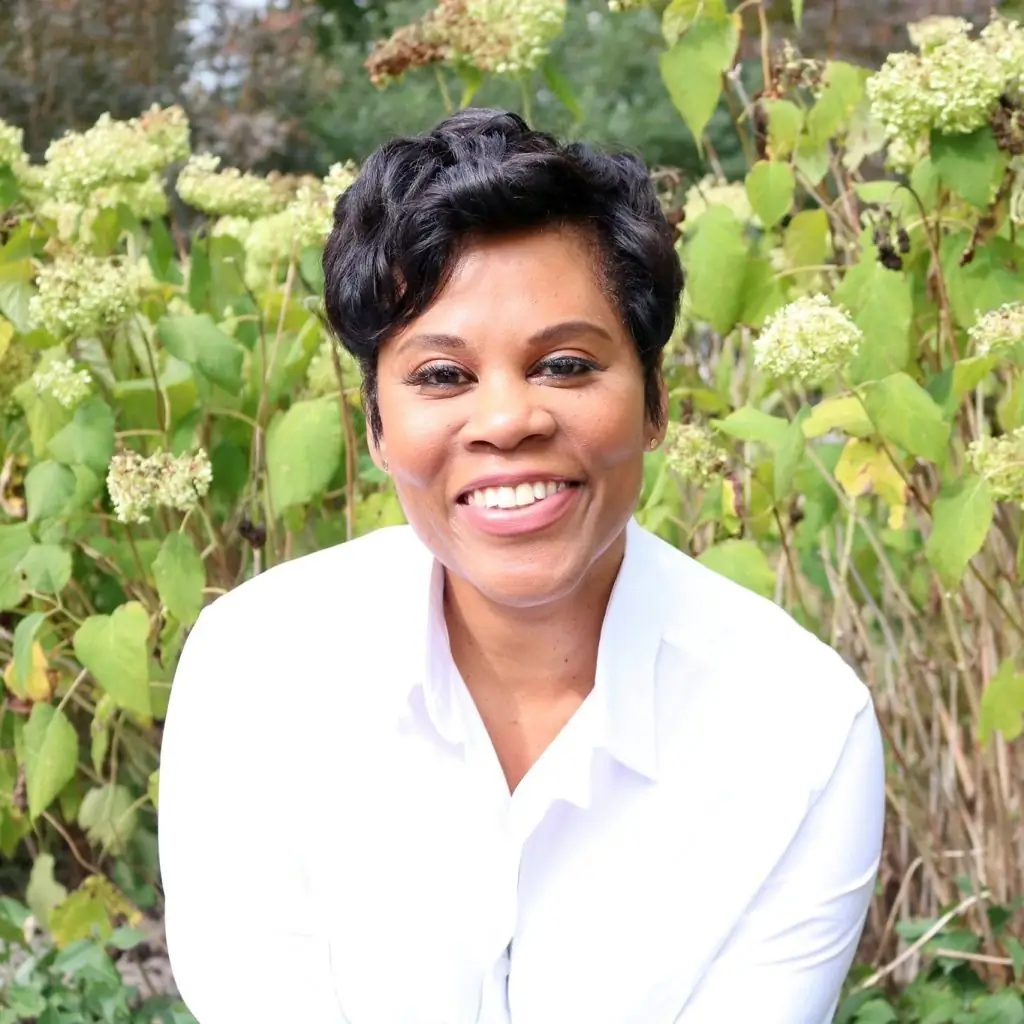
Discussing difficult things with younger generations
Catherine Clark: In your current role in The Social, sharing your opinion is key to the show itself. Why is that so important to you right now, at this stage in your life?
Marci Ien: Age has something to do with it. I’ve got a lot of lived experience under my belt. It’s also essential for people, especially younger people, to understand that the table has been set and that there are people like me and a couple of others willing to speak our truth so that they can speak theirs coming up. I’m also doing it so that we can discuss difficult things — if we are going to move forward in this country, we’ve got to go there. But now that I am, you know, speaking my mind and sharing my opinion, I can’t tell you the vitriol that I get online — it’s awful. So, I keep talking; it gives me a lot more momentum. And it tells me that we’ve got a long way to go.
Jennifer Stewart: How do you speak to your family about what you’re experiencing?
Marci Ien: I discussed this with my now 16-year-old daughter because she’s online and sometimes sees what is said to me. She has grown up being the only, or one of the only, kids of colour in her classes or extracurriculars; we share our struggles at work and at school. I was going to shut down my Twitter account — it can be a bit of a cesspool and it was getting a little rough — but she said to me, “Don’t do that. We need you there.”
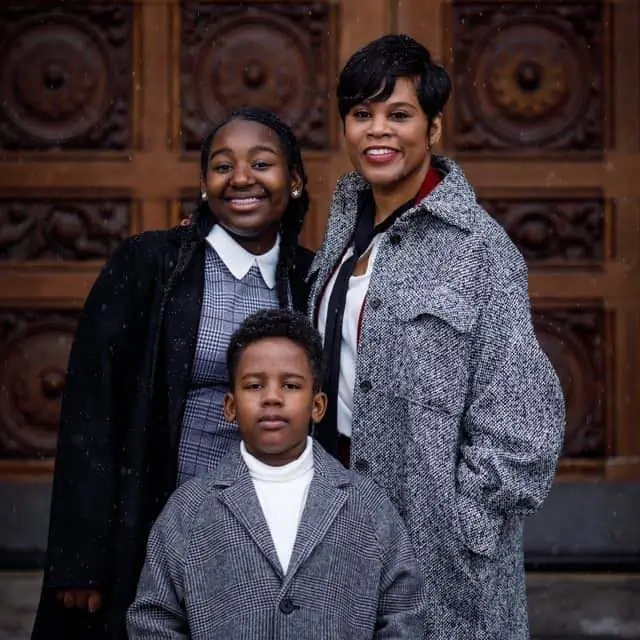
How her parents’ immigration experience shaped her
Catherine Clark: You talk about the relationship between parents and kids. Your parents chose to come to Canada. How did they talk to you about their immigrant experience here, how they were treated, and how their experience shaped who you are right now?
Marci Ien: My parents emigrated from Trinidad, you know, more than 60 years ago, and they came here to go to school. So, money was tight. The only place at that time where a Black man could find work was in a kitchen or on trains. And so he did both. He’d tell many stories about being called the N-word and about not being able to get housing. But at the same time, they were great times; there were a lot of West Indians at that time who were at the university, they hung out together, and they had a club. To this day, my dad still has lunch with many of these guys, which is incredible. He didn’t take risks, so in raising my sister and me, he introduced us the same way; he was very safe. My personality is anything but safe. I think I drove my parents crazy. I’ve learned to push beyond and take the chances they couldn’t take then.
On speaking up and navigating transitions
Jennifer Stewart: Was there ever a time you played it safe in the past that you regret?
Marci Ien: Absolutely. I go over scenarios in the newsroom I worked in for years, times when I thought I should have spoken up. When I talk to journalists who are just coming up or students who are just graduating, I’m sure to tell them to speak up and have their say.
Catherine Clark: Watching that transition when Canada AM ended, you were forced into a change at a time when that might not have been what you were expecting. How did you deal with that? And how do you talk to other women about handling the transition in their own lives?
Marci Ien: Transition can sometimes be a gift. I was comfortable at AM. I could have ridden out my career there. But clearly, there was more for me to do. And when it came to the next step, I really wasn’t sure. I knew I had been offered a chance to go to production, but I didn’t know what it would look like. I didn’t want to feel that I was being put in a box. So when The Social was offered, I had to think about it. And that’s one of the things that, as women in particular, we need to think about — when a transition happens, whether it’s something out of the blue or something we’ve chosen — choice is the word. Even if it’s something you haven’t chosen, you still have a choice.
Jennifer Stewart: You’ve done some international work professionally and as a volunteer with World Vision. How did those experiences shape you?
Marci Ien: I went to Sri Lanka, this was on behalf of World Vision. The tsunami had just happened. I knew I would be seeing some tricky things. They recommended they come with me if a family member or someone close to me was available. My mom came with me. It was good that she decompressed at night and talked things through because we saw so much devastation. But I learned there and learned this lesson so often that children can lead us.
Catherine Clark: What’s next for you?
Marci Ien: I think about documentaries, and I just completed a book. It will be out in the fall.
